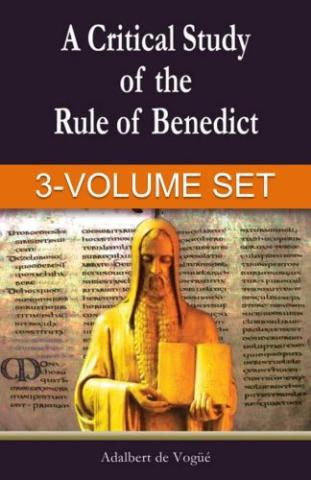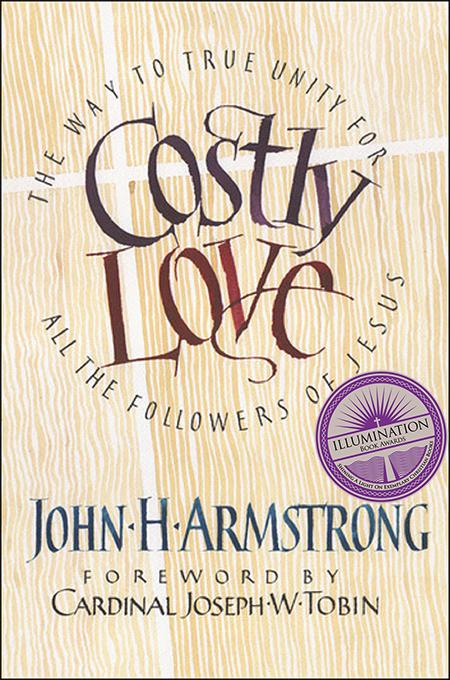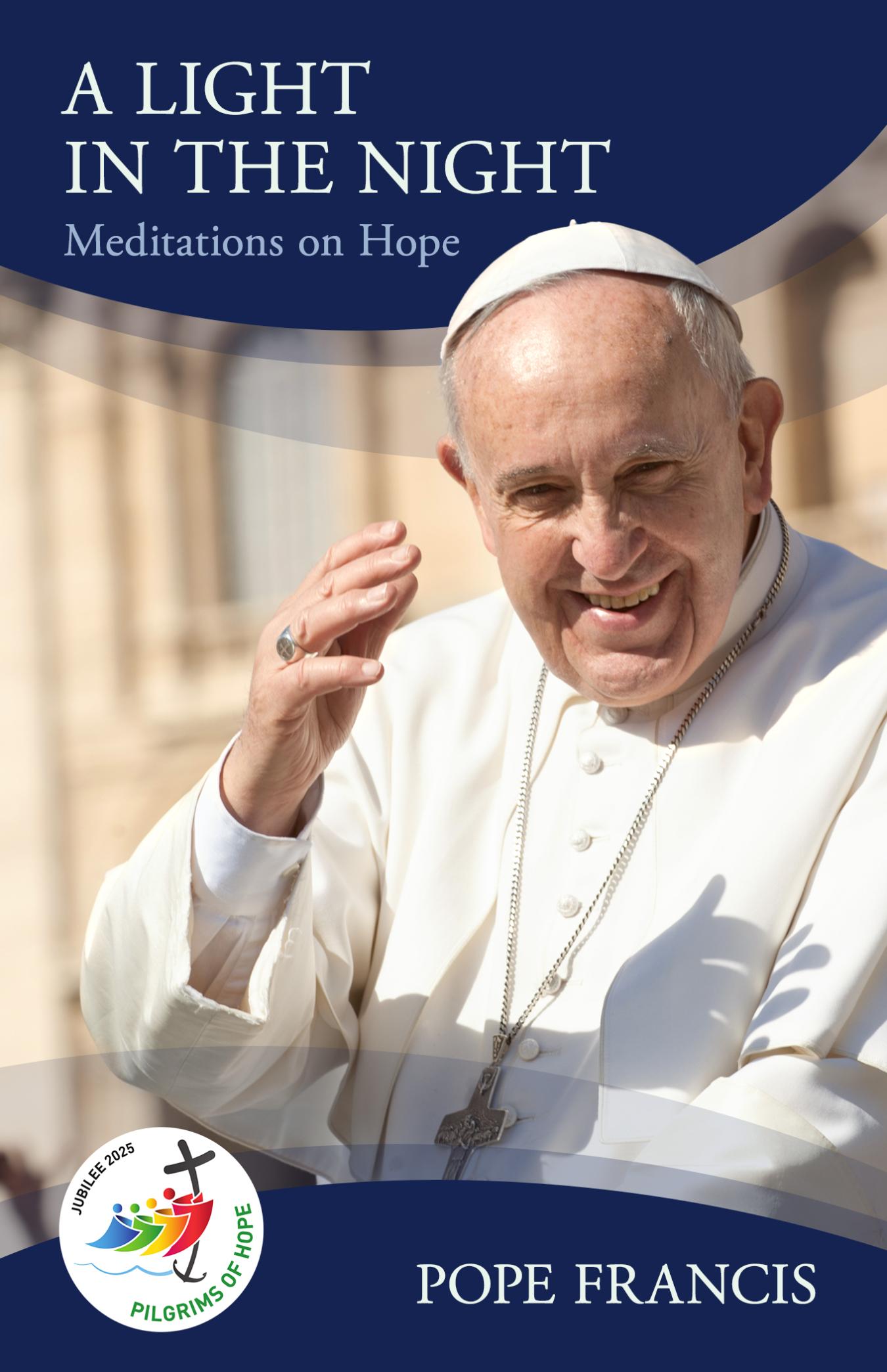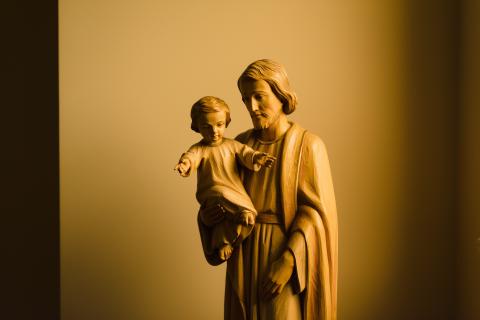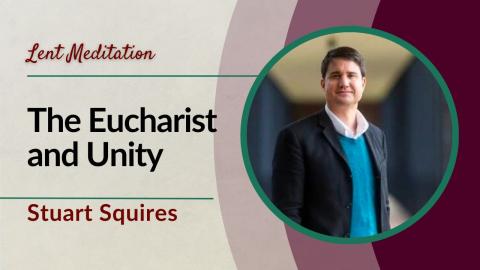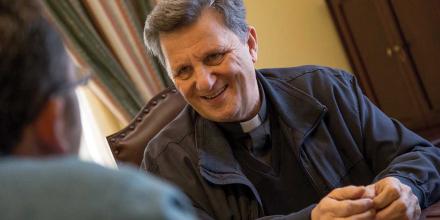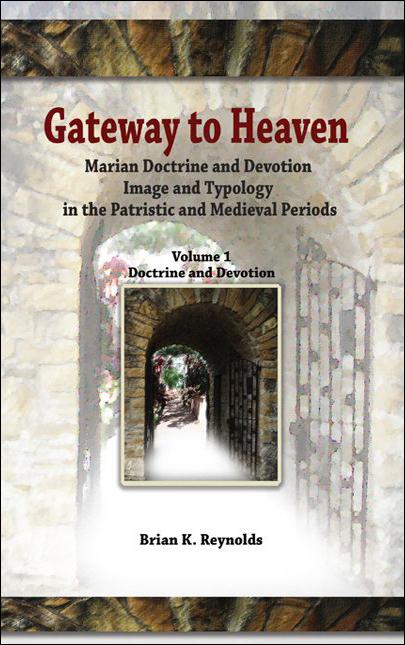
Gateway to Heaven

About the book
This first volume lays out all the Marian doctrines and their evolution in a clear and easy-to-follow format as well as providing two chapters on patristic and medieval devotion. Doctrines discussed include Mary’s divine motherhood and its impact on Christology; Mary’s virginity – before, during, and after the birth of Jesus; intercession and mediation, and Marian co-redemption. It provides, for the first time, extensive citations from original works, both patristic and medieval, many of which have never appeared in English before. Thus, it gives a firsthand insight into the figure of Mary and her religious and cultural importance.
Endorsements
An ambitious undertaking, the book is a useful collection exploring the development of Marian doctrine on these points. Catholics and Orthodox will find it illumines their mutual Marian heritages. For Protestants, who in the name of a faith corresponding to primitive Christianity downplayed the Blessed Virgin, the book shows how a ‘living [Marian] tradition’ was very much part of the Christian tradition from its earliest days (p. 154). What is most impressive is that the author, assistant professor in the Italian Department at Taiwan’s Fu Jen University, prepared this sophisticated study to support his own medieval researches. Theologians could take a lesson from him. Of potentially broad appeal, graduate and perhaps upper division undergraduate students of theology (especially Mariology), Church history, and patristics/medieval studies/literature will benefit from this book
It seems to me far and away the most comprehensive survey of the origins and development of Marian theology and spirituality, at least up to the late Middle Ages, in both East and West. It is beautifully organized and developed, and the abundance of primary texts […] makes it particularly helpful. It [goes] far beyond both Hilda Graef’s excellent earlier history of Marian doctrine, and Georg Söll’s fascicle in the Handbuch der Dogmengeschichte.
A book that we have very much needed in Marian studies
Just wonderful: it has far more extensive quotations from primary sources than Hilda Graef's Mary: A History of Doctrine and Devotion, and I think it will replace her book for the period that it covers. I am already quoting from it in my own research!
He begins each section with a clear summary of what the doctrine actually states, and then shows how it is derived from reflection on scripture. His method is extensive quotation from the Fathers, tracing the gradual development of these ideas. There are passages from familiar names such as Athanasius, Augustine, and Albert the Great — as well as passages from Dante and devotional hymns such as the Stabat Mater — set out in generously expansive form … The reader will discover many passages of great poetic beauty and devotional intensity, and find that their meditation on Mary leads to deepening faith in her Son. This was, after all, the intention of each of the teachers whose writings make up this collection.
This is an excellent book that should be owned by anyone interested in the history of Marian doctrine and devotion, and it is terrific that New City Press has now made it so easily and affordably available … This volume is especially valuable for the numerous translations that it provides from the primary sources, many of which have not otherwise been translated into English. The presentation of these sources according to topic and chronology in the context of the most recent scholarship marks an invaluable contribution to Marian studies. No less important is the care with which Reynolds notes the development of Marian piety in the medieval West in relation to earlier precedents from the East—such connections are often overlooked in much scholarship on Mary in the Middle Ages. Likewise, Reynolds is to be commended for resisting and correcting the tendency of much Roman Catholic scholarship to read later doctrinal developments in the West (i.e., the Immaculate Conception; Immediate Co-Operation) back into the Greek Patristic sources.
Indispensable for those seeking a middle ground between overly broad and overly specialized studies of Marian thought and practice … Almost every page contains block quotes, often of works unavailable in English. [Reynolds’] primary goal is to let these compiled sources speak for themselves. The contention behind this strategy seems to be that there were, and are, real theological concerns in Marian questions that cannot be reduced to social or cultural factors. The book is, thus, useful as a complement to recent scholarship on Marian devotion as a phenomenon of social history. The key questions here are doctrinal: the meaning of Mary’s virgin motherhood or her role as co-redemptrix, the stakes of the assumption or Immaculate Conception.


